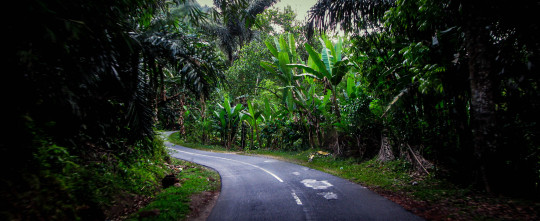#lombok
Text
[Warning: Graphic (some very graphic) shark-fishing pictures at the link.]
"Suhardi isn’t your average snorkeling guide. Born on the Indonesian island of Lombok, he’s spent his life on water. While he now seeks out sharks for the enjoyment of tourists, he once hunted sharks to help earn money to feed his family and educate his two children.
Suhardi was a fisherman for more than 20 years. He first started fishing working on his parents’ boat, but was then asked to join the crew of a shark boat where he was told he could earn a lot of money. Back on deck, he looks embarrassed to divulge what a meager wage it was, but finally confesses he earned around $50 for up to a month at sea.
Now he and 12 other former shark fishermen are part of The Dorsal Effect, an ecotourism company that helps ex-shark hunters find a new vocation. Each week, the team takes groups of tourists, schoolchildren and university students to off-the-grid locations and guides them around pristine reefs. Each trip is designed to take guests on an exploratory journey of both the shark trade and marine conservation through the eyes of the Sasak people of Lombok.
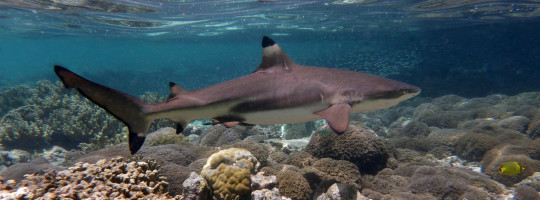
Lombok is a hotspot for marine diversity, sitting just east of the Wallace Line, a biogeographical boundary separating Asia and Australia and their respective fauna. Pristine coral gardens and around 80 species of sharks can be found in its waters. The island is also part of the world’s largest shark-fishing nation. Only the whale shark (Rhincondon typus) is protected in Indonesia; all other sharks can be legally caught.
The Dorsal Effect first launched in 2013, a year after Suhardi met Singaporean ecologist Kathy Xu, who had traveled to Lombok to find out more about the shark trade. The diminutive but quietly determined Xu wanted to protect sharks, but because she knew shark fishing was poorly paid and dangerous, she wanted to hear the fishermen’s stories too. They told her how once they could fish for sharks close to shore, but now with the shark population dropping, the fishermen said they needed to travel farther out to sea, only to come home with a relatively poor catch. The reduced catch also meant reduced pay, so they often couldn’t cover their costs...
Yet, when Xu asked why fishers didn’t seek out another trade, she learned they didn’t want to be separated from the sea. They saw it as part of their heritage.
But as they spoke longer, the shark fishermen talked about the coral gardens that could be found under the waves, ones that only they knew about. Inspired by a whale shark diving trip she’d taken with scientists on the Great Barrier Reef, Xu had an idea. “If such spots exist,” she recalls telling the fishers, “I could take tourists out with you and pay you more than you earned shark fishing”.
At first, Xu guided the former shark fishermen on how to become eco-friendly tour operators. They dropped anchor away from the reef, served guests plant-based dishes, and made sure all trash was taken back to shore. But then Xu saw that something special was happening: The former fishermen had started to take the guest experience into their own hands, making sure tourists felt at home. Suhardi painted “Welcome” in large letters over the front of his boat, fitted green baize to the top deck for outdoor seating, and hung curtains in the cabin so his guests could enjoy some shade.
Suhardi has already bought a new boat with his earnings from snorkeling trips. “Every day is my best day,” laughs Suhardi, whose smile always travels from his mouth to his eyes.
While they were receiving tourists from across the globe, there was another group that Xu wanted to reach out to. “I think it was the teacher in me who felt impassioned about influencing the young,” she says. She reached out to schools and created a five-day program that would help students understand the shark trade and local conservation efforts. During the program, paid for by the school and students, participants would not only meet the ex-shark fishermen so they could ask them about their lives, but also hear from NGOs such as the Wildlife Conservation Society about their efforts to slow the trade. The Dorsal Effect also hired marine biologists to host nightly lectures and help the students with their field surveys...
The students were faced with the realities of the fishing trade, but they were also encouraged to take a balanced view by The Dorsal Effect team. The villagers weren’t just taking the fins, and throwing away the rest of the shark; they processed every piece of the animal. While they did sell the meat and fins to buyers at the market, they also sold the teeth to jewelers, and the remains for pet food.
The Dorsal Effect also takes students on an excursion to the fishermen’s village, a small island that lies off the coast of Lombok. Marine biologist Bryan Ng Sai Lin, who was hired by The Dorsal Effect team, says that on one trip with students he was surprised by how quickly the young people understood the situation. “One of them said it’s good to think about conservation, but at the same time these people don’t really have any other choice,” Lin says....
Conservation scientist Hollie Booth of Save Our Seas, which does not work directly with The Dorsal Effect, says the need to provide legal profitable alternatives to shark fishing is critical: “We are never going to solve biodiversity and environment issues unless we think about incentives and take local people’s needs into account. These kinds of programs are really important.”"
-via Mongabay, December 15, 2023
#shark#sharks#fish#marine biology#marine animals#sea creatures#fishing#marine life#marine conservation#endangered species#overfishing#indonesia#lombok#school#field trip#ocean#pacific ocean#biodiversity#conservation#environmentalism#fishermen#scuba#scubadiving#underwater#diving#coral reef#ocean life#good news#hope
692 notes
·
View notes
Text



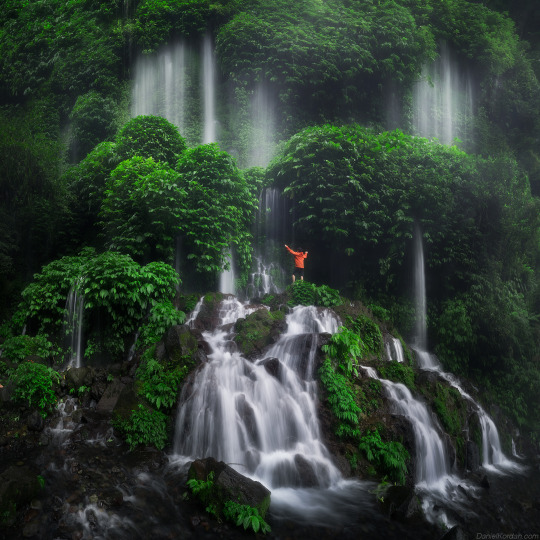
Waterfalls | Lombok, Indonesia || Daniel Kordan
#nature#water#waterfalls#stokel#lombok#indonesia#green#forest#trees#trees and forests#greenery#tiu kelep
637 notes
·
View notes
Photo
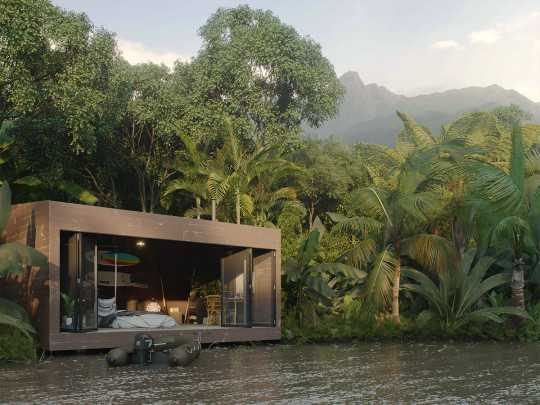
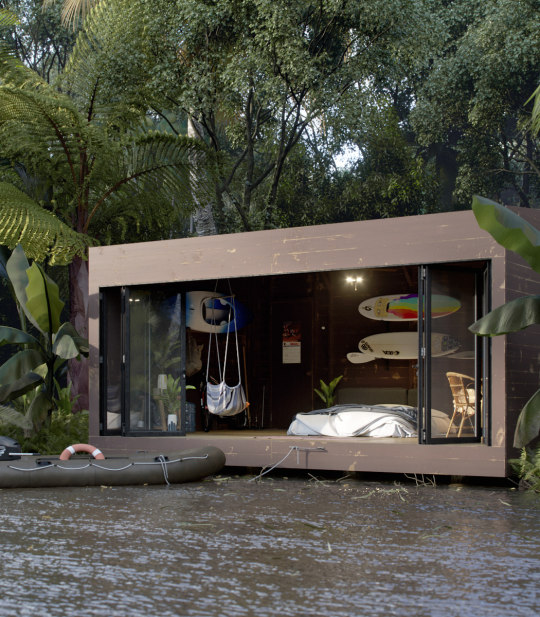
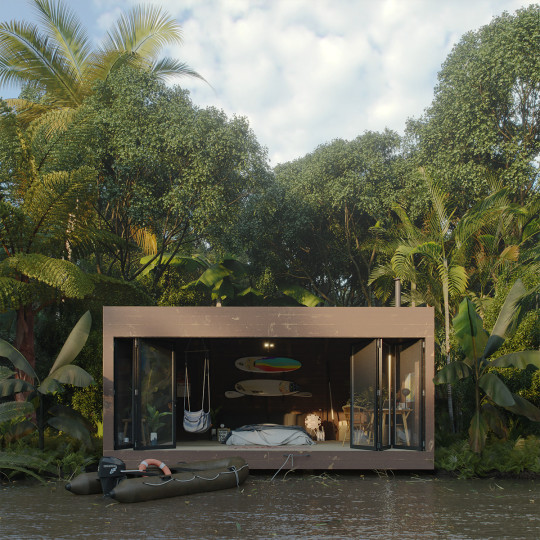
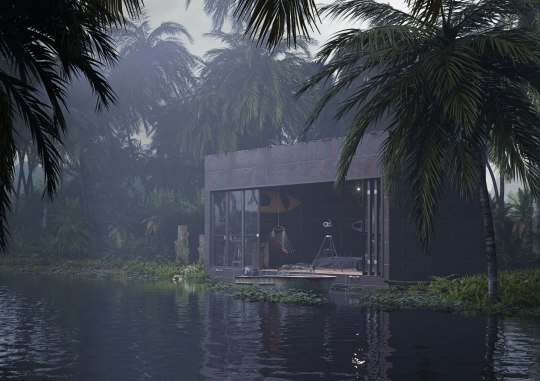
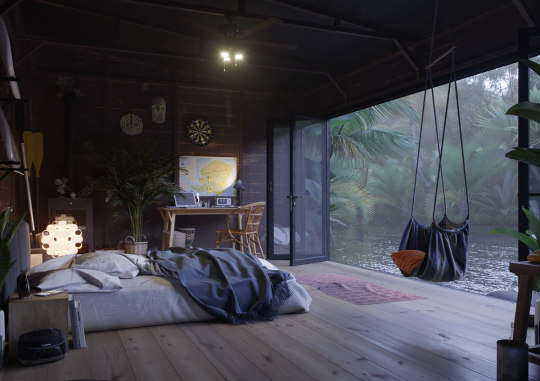

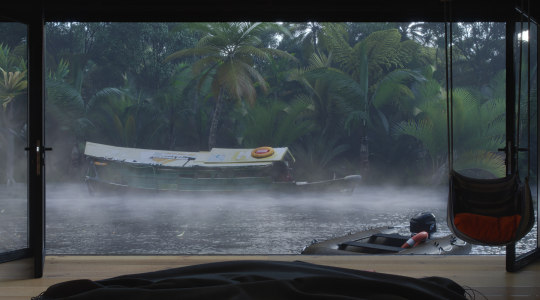
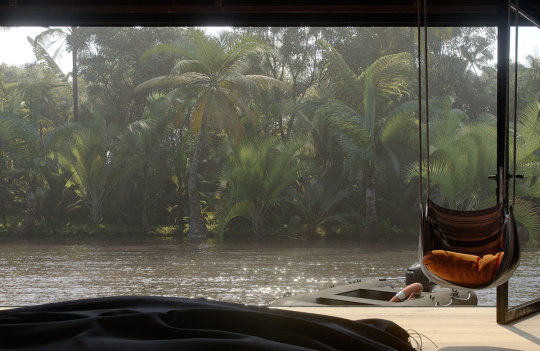


”Hut Adventurer” (Jungle Hut) by Dmitri Reviakin
#art#design#architecture#retreat#cabin#CGI#cgiart#river#adventurer#dmitri reviakin#render#visualization#tropicalhouse#tropical#jungle#hut#indonesia#lombok#islandhouse
4K notes
·
View notes
Text

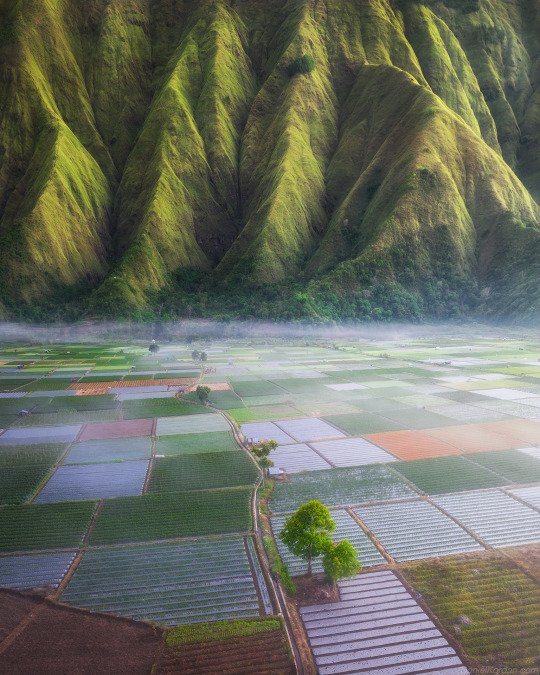
Lombok Island by Daniil Korzhonov
#lombok#sembalun#nature#photography#green#plants#trees#landscape#mountains#sky#clouds#farm#farming#crops#mist#fog#nature photography#aesthetic#curators on tumblr#landscapes
1K notes
·
View notes
Text

206 notes
·
View notes
Text
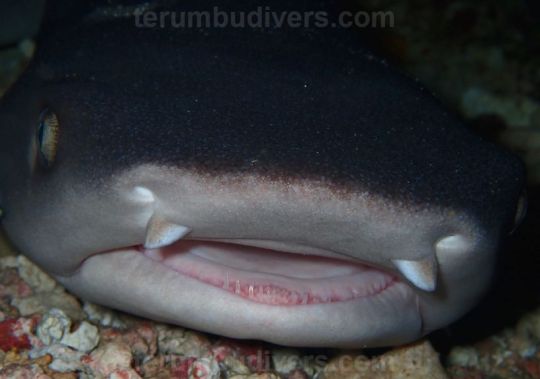
Shark with Terumbu Divers
148 notes
·
View notes
Text
And at that exact moment, time stopped 🌅 !.
#Bonfire#downfalldestiny#life#downfall#magical world#magic destinations#magic moments#sunsets#beautiful sunsets#Beach#Memories#Away#Thought#lombok#Asia#Travel
115 notes
·
View notes
Text
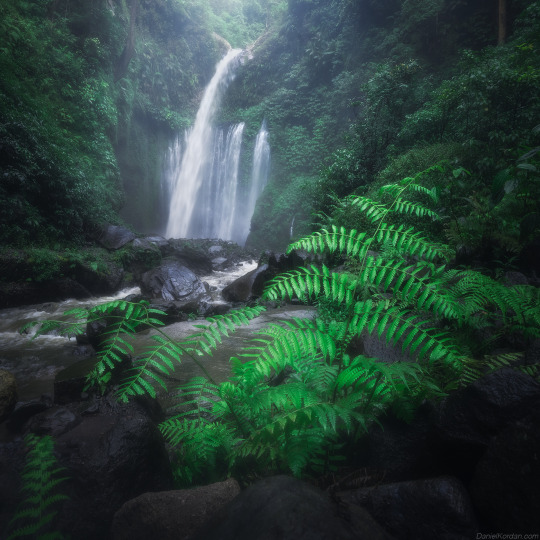


Waterfalls | Lombok, Indonesia || Daniel Kordan
58 notes
·
View notes
Text
Tidak apa-apa, biar kenangan kita saja yang memberi nyawa untukku tetap hidup.
Tetaplah pergi, dan bawa juga seluruh rasa yang pernah kamu titipkan dan berikan saja padanya.
Jangan menoleh atau pun berbalik!!
Pergi yang jauh, 01 November 2023 ||. 11.30

39 notes
·
View notes
Text

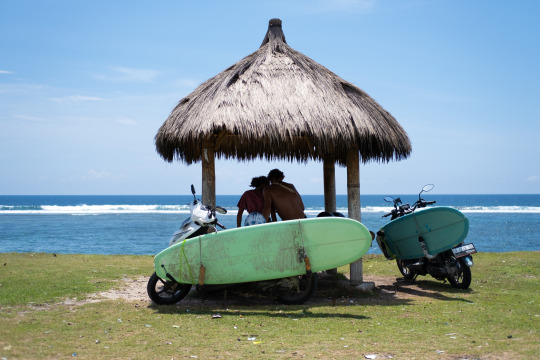

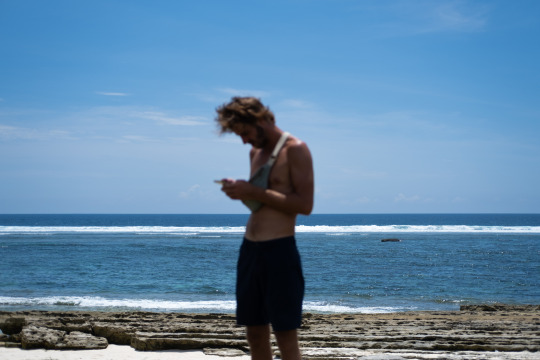


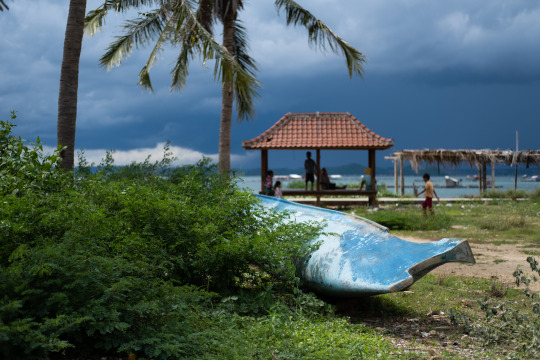

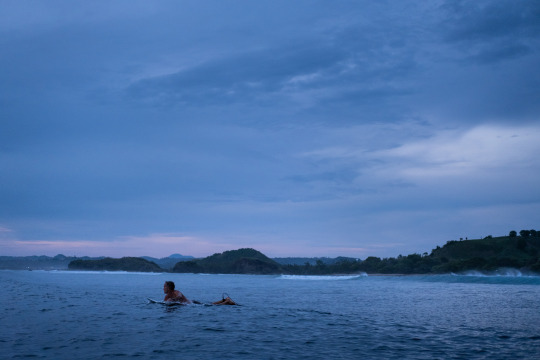

Lombok, Indonesia
#photography#landscape#nature#travel#wild#sunset#surf#surf life#surfing#boat#ocean#ocean view#surfboard#surfer#beach#road trip#lombok#indonesia
19 notes
·
View notes
Text
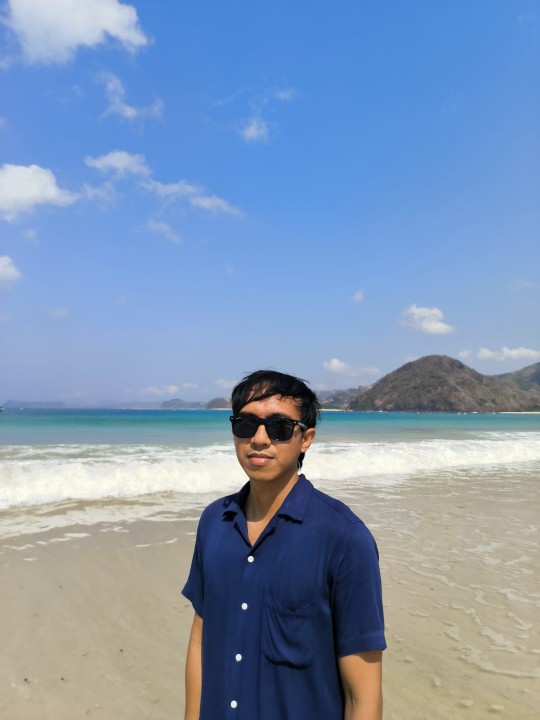
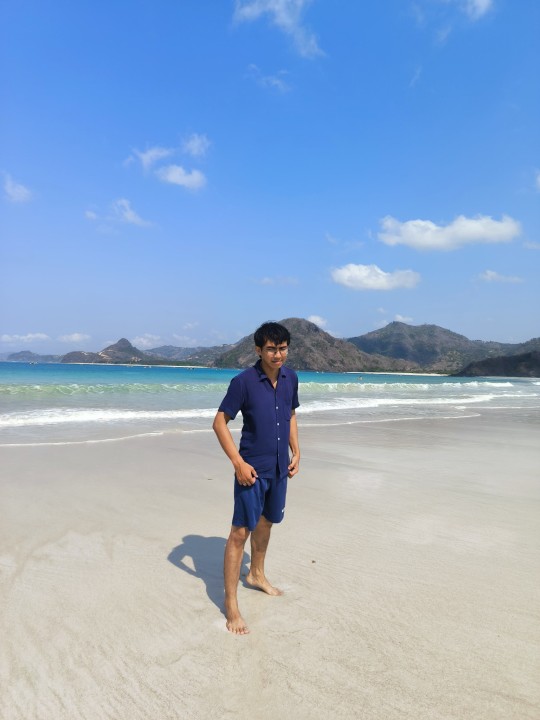
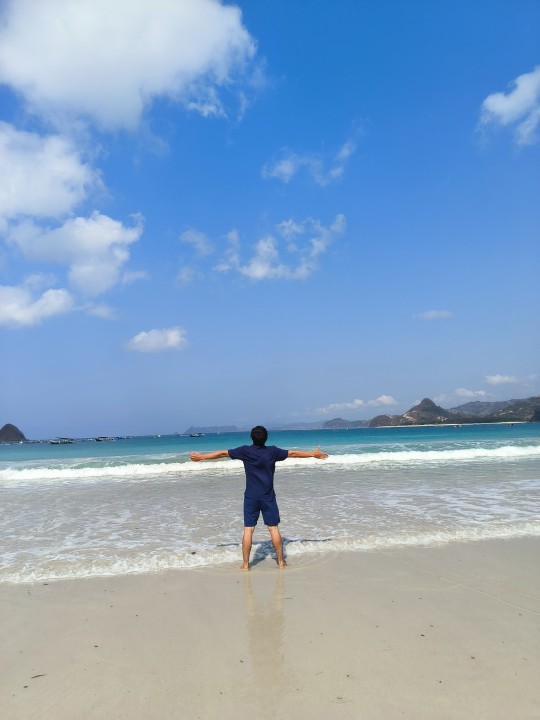

Kute Beach, Lombok Island.
13 notes
·
View notes
Text


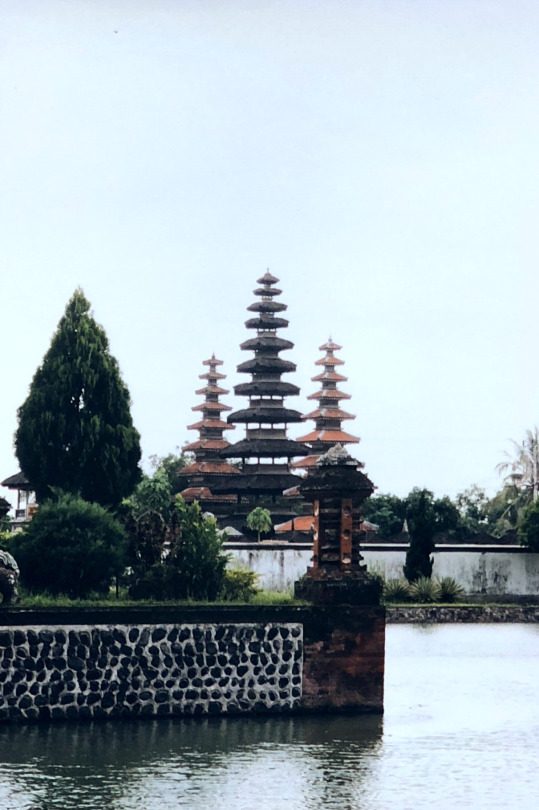
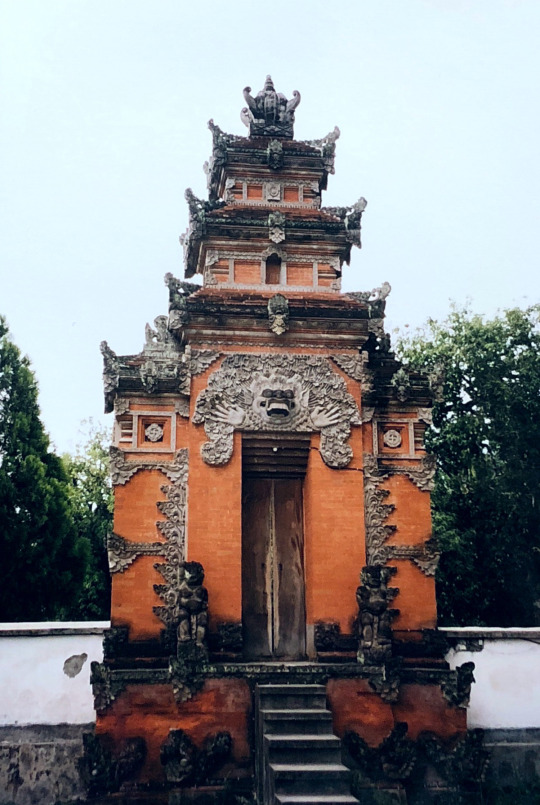
Lombok, October 1996 (2) (3) (4) by ian mason
6 notes
·
View notes
Text
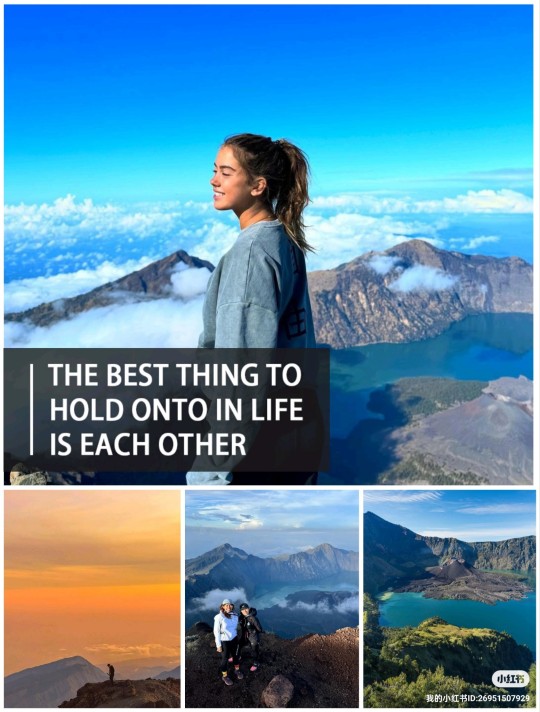
#mount rinjani#nature#adventure#rinjani trekking#camping#hiking#trekking#lombok#travel#photography#shopping#artists on tumblr#adult model
3 notes
·
View notes
Photo

Title
Sunset thinker
Long-tailed macaque enjoying the last rays of sunshine in the crater of the Rinjani volcano, Lombok, Indonesia.
Photographer: Emanuele Lagazzi - Italy
Neutral Density Photography Awards
#emanuele lagazzi#photography#italy#neutral density photography awards#animal#mammal#wildlife#long-tailed macaque#sunset#sunshine#rinjani volcano#volcano#lombok#indonesia#nature
39 notes
·
View notes
Text
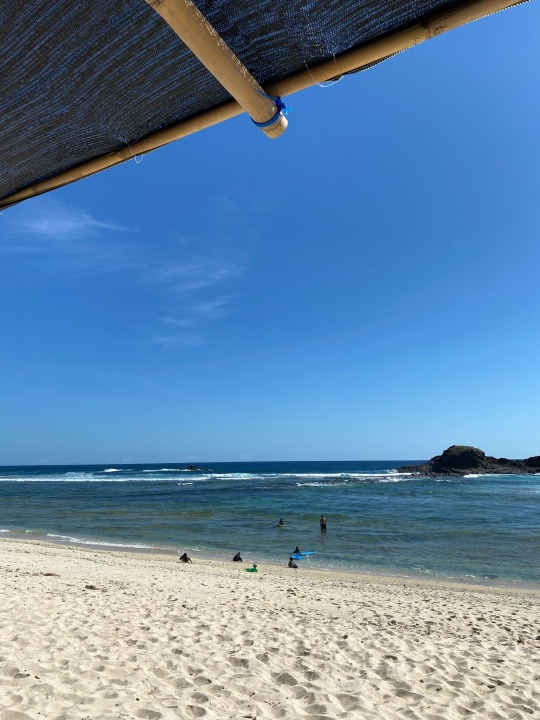
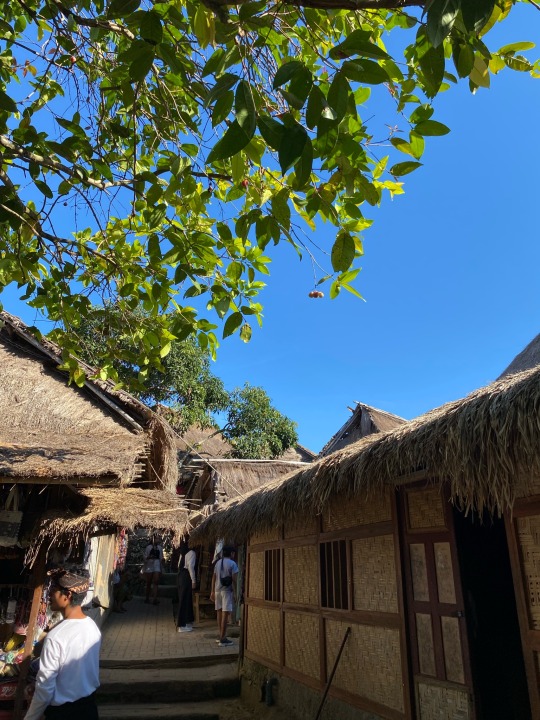
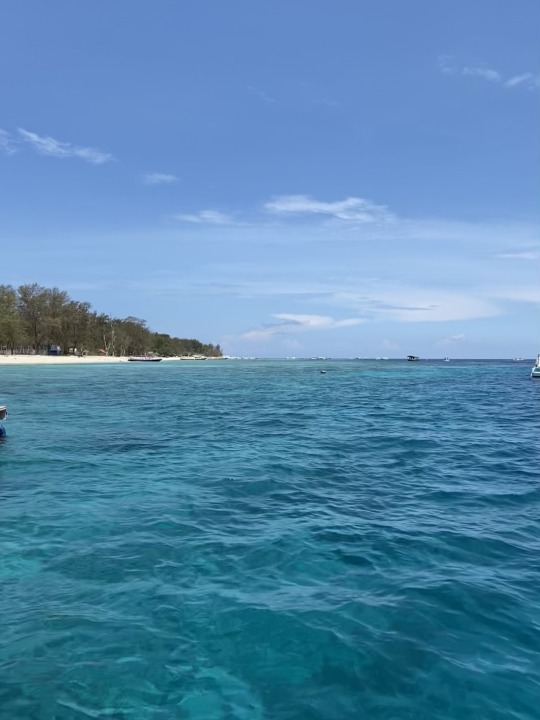
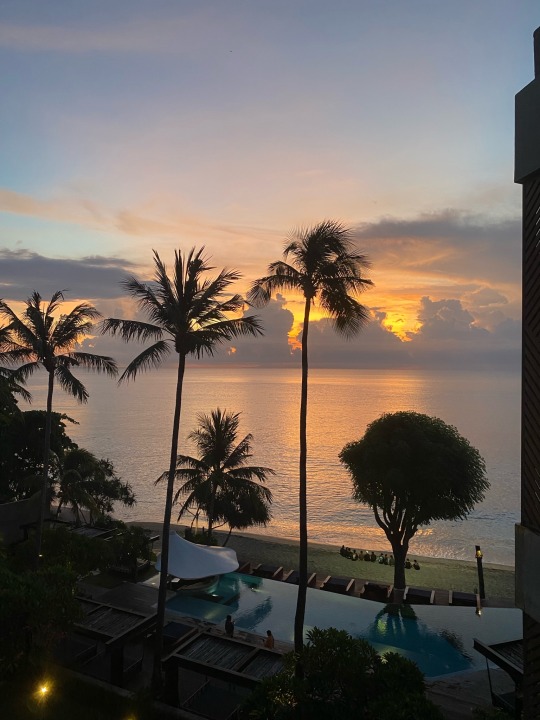
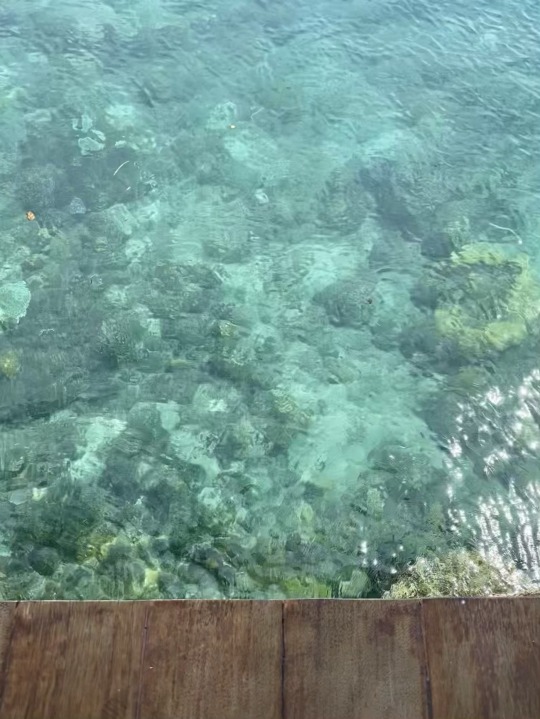
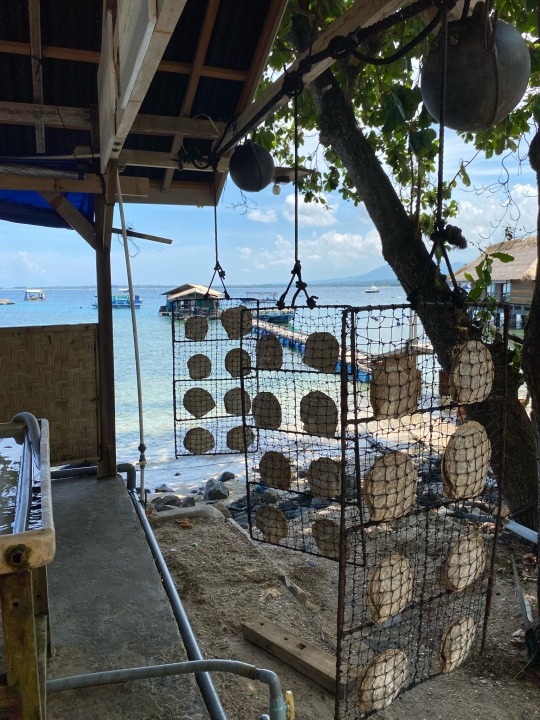
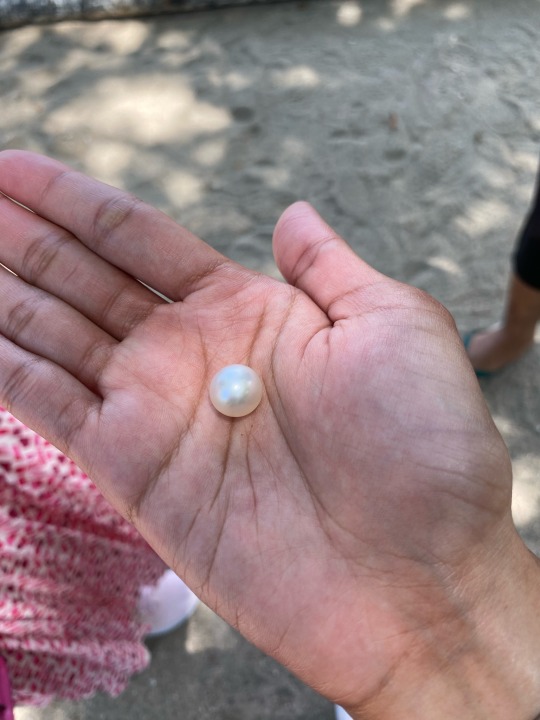
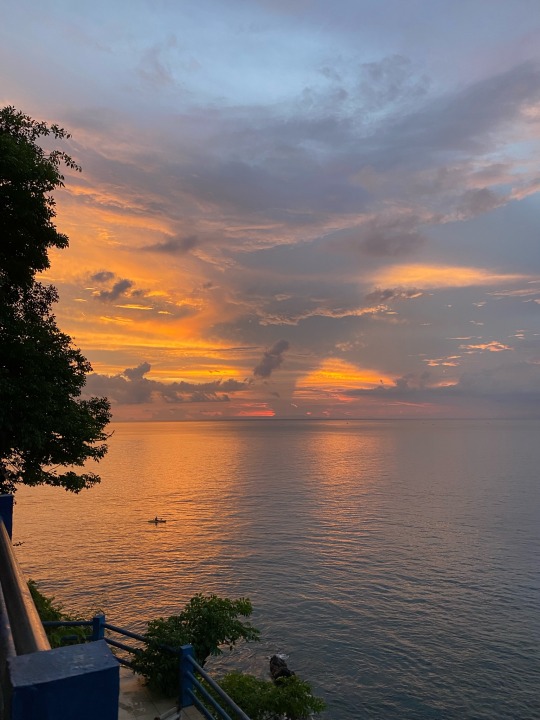
Lombok's masterpiece, December 2023 🌊
4 notes
·
View notes
